First off, congratulations to all Expat Residents everywhere who are over and done with their whole Ecuador Visa & Cedula processes (whether my law office and I were blessed enough to have had the opportunity to serve you with respect to your own path for Immigration or not). And now, welcome to the “after party” that is otherwise known as an Ecuadorian Resident’s daily life – minus the seemingly weekly visits to Government ministries, banks and utilities offices that are so ever-present in virtually every Expat’s first 90-180 days in Ecuador.
That said, “What if anything” you might ask still remains to be done, so as to not find yourself in a future “legal snafu” as per yourself or “your stuff” in Ecuador. Because, as you probably already know, or have heard, from any number of your Expat friends, there is always something else left to do in Ecuador. It’s almost as though the Government is cognizant of the fact that without yet another remaining thing to be completed, life, would simply be too easy for you during your retirement or stay here in Ecuador!
One such thing is having an Ecuadorian Will. While not a mandatory thing, thank goodness, it is actually a WISE thing if you are an Ecuadorian Resident with any amount of property, besides only furniture or appliances. Having an Ecuadorian Will(i.e. Last Will & Testament), is a smart move to prevent a possible ‘trail of tears’ for your loved ones back home, if while mourning your passing amidst their understandable trail of tears, they also are forced to pursue an undesirable trail of paperwork that might be required to be obtained or proven by, and on behalf of, your Ecuadorian estate or your intended bequeaths to your heirs.
While naturally laws in Ecuador are always changing, Ecuador DOES generally respect Ecuadorian Wills made in accordance with the particular laws of the time. Please note that a US Will does NOT generally take the place of an Ecuadorian Will, especially because certain requirements exist in Ecuador, as far as how assets must be disposed of at death, whereas US Wills by state and statute are often more flexible in terms of permitted Beneficiary Designations than Ecuadorian law allows for, given one’s marital status and familial lines.
Again, if you have no actual property in Ecuador (i.e. no bank accounts, no real estate, no business interests, etc.), then you can and should click the back button on your keyboard right now and not concern yourself with a further sentence in this article. But for those who DO have any amount, or type of property, as Residents here in Ecuador (besides just furniture and appliances as was indicated in the first paragraph above), this IS IN FACT an issue that you should familiarize yourself with. Taking action on this issue will be of great benefit for your family who doesn’t live in Ecuador, who likely don’t speak Spanish or know anything about the Ecuadorian legal process for the disposition of property to or for one’s rightful heirs at the end of one’s life.
While this article is by no means meant to serve as a complete manual for expats regarding the Last Will & Testament process in Ecuador, it is intended to provide a general overview of how a Will needs to be drafted here in Ecuador. Therefore, please note that it is generally preferable by Ecuadorian Notaries for ALL foreigners for whom Spanish is their second language and/or whose Spanish speaking ability is minimal, to make what is referred to as a “Closed Testament”, because this is made and written in your own first language of English and not in Spanish. The other type of Will in Ecuador is called an “Open Testament”, but that is really no longer a good relative option for a Foreigner plus the Notary costs are lower for a “Closed Testament”, so it behooves the Expat to do as the Notaries request in this instance.
As per your Ecuadorian Will, you need to comply with the following current requirements in order to have it considered LEGAL in Ecuador. In accordance with Ecuadorian law as it pertains to a “Closed Testament”:
– Your Will in the form of a “Closed Testament” must be written in either a typed or handwritten letter by you in English (nothing in Spanish), and signed by you in Blue Pen.
- A total of 5 Witnesses holding EITHER Ecuadorian Residency or Ecuadorian Citizenship (i.e. NOT a foreigner who is a tourist or a family member) are required for a “Closed Testament”.
- The cost of the Notary fees for the Closed Testament is generally $0 (i.e. FREE) if one is a Senior over the age of 65; otherwise the Notary fees are around $400 for anyone under the age of 65.
Surely, there are some other minor concerns and issues with respect to effectively dotting the “i’s” and crossing the “t’s”, but the above provides a sufficient foundation for purposes of a foreigner’s understanding of the boilerplate requirements for making a Will here in Ecuador. Of course, each individual situation is always unique, and so an in-person meeting with your Ecuadorian Attorney, with respect to your own particular facts and circumstances, are certainly in line with good planning acumen. Doing so will enable a proper administration of the legacy that your golden years here in Ecuador will glean unto, and for, the benefit of your family and respective heirs in the future ahead.

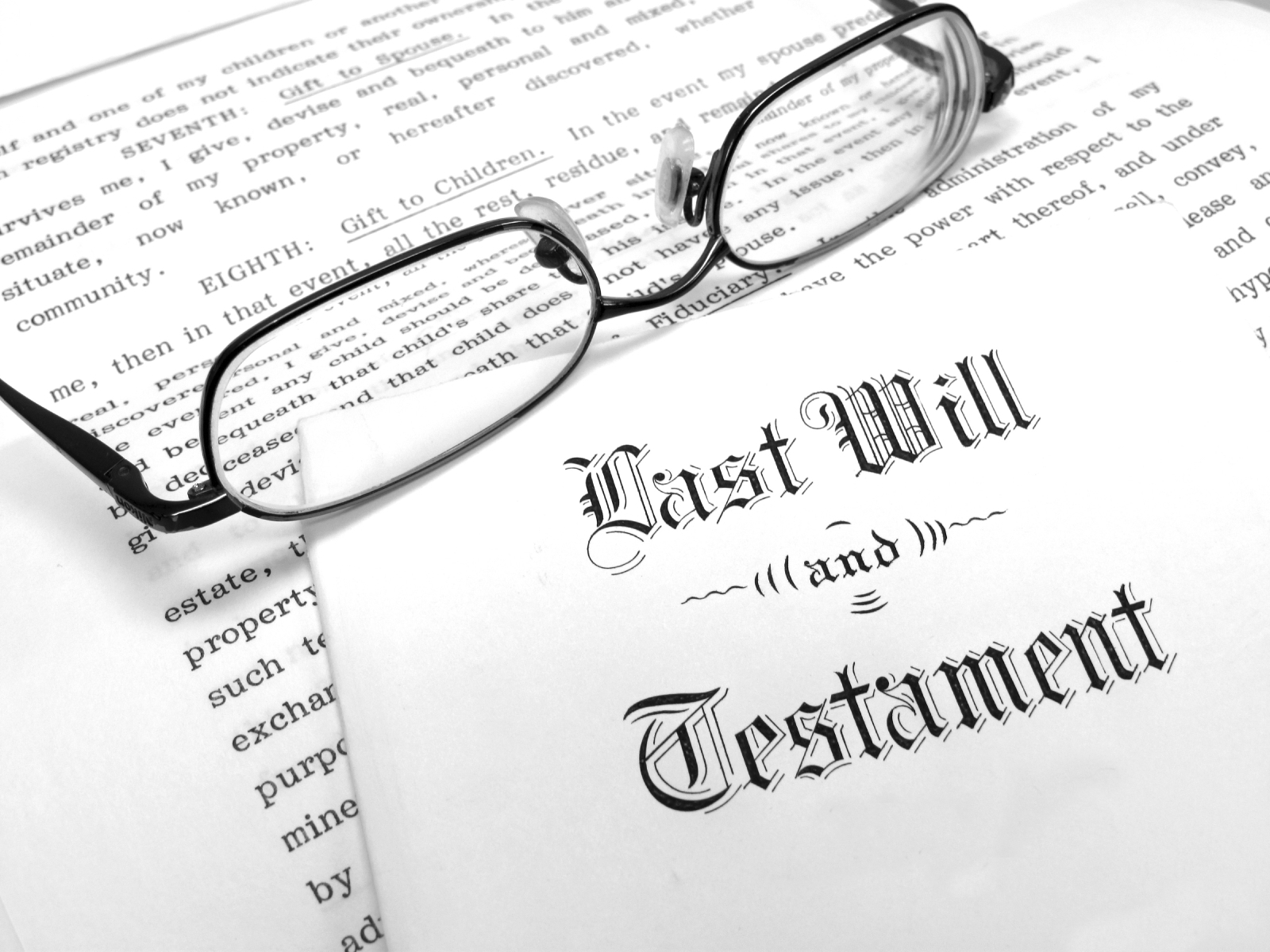



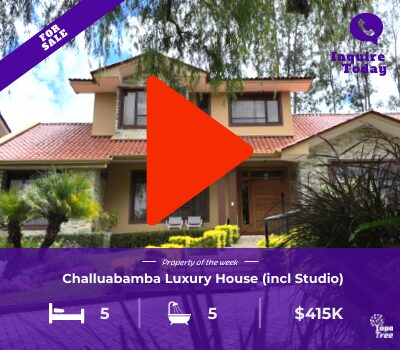



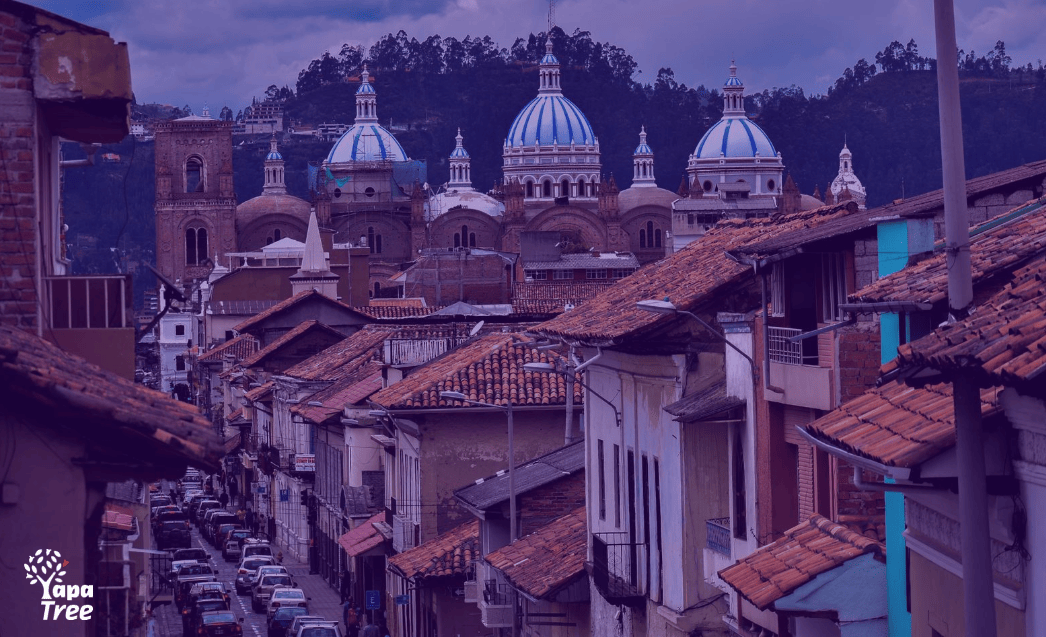
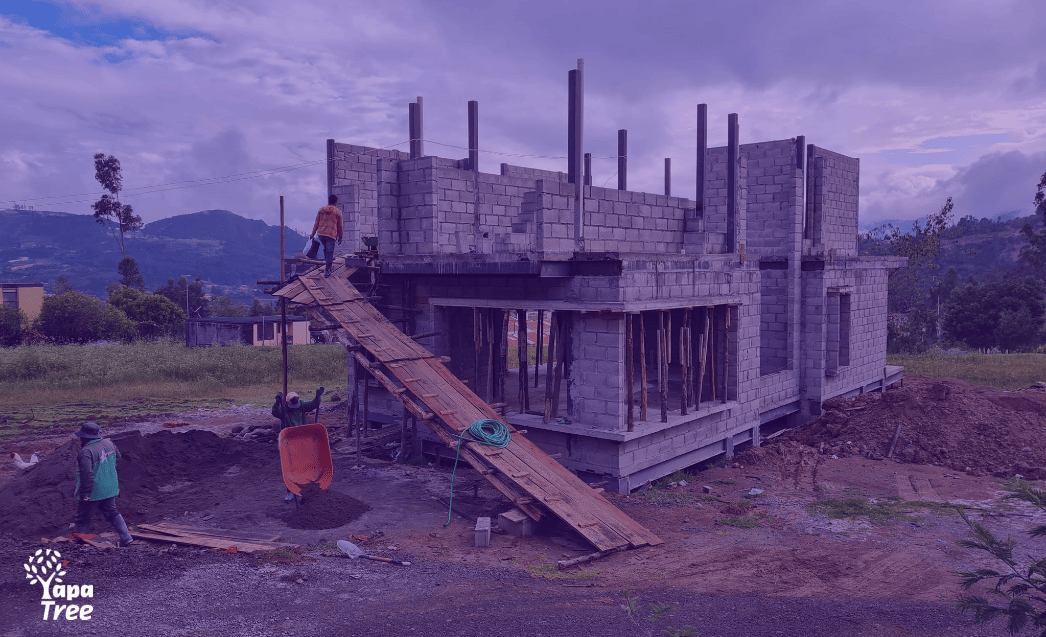
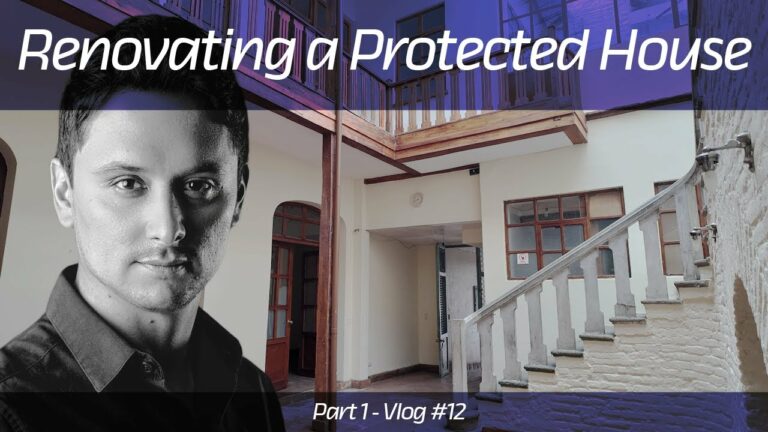

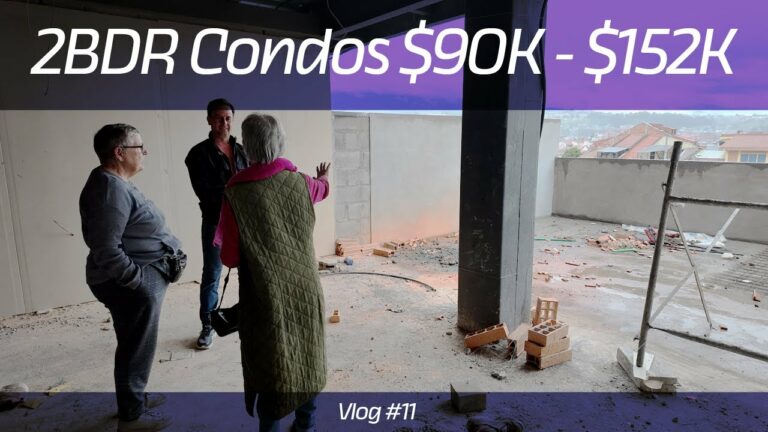
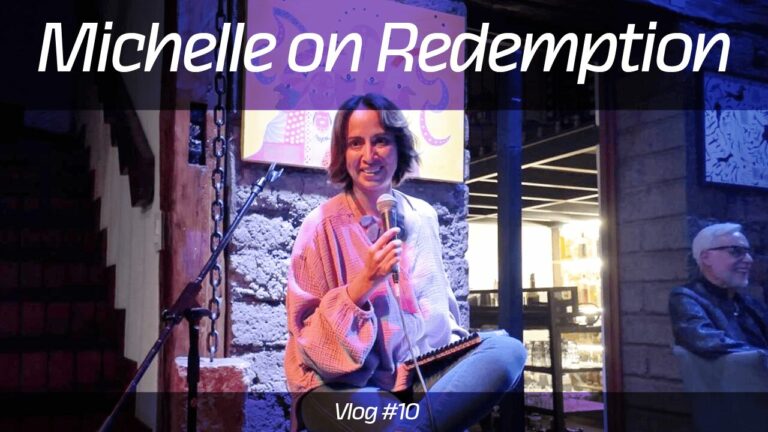
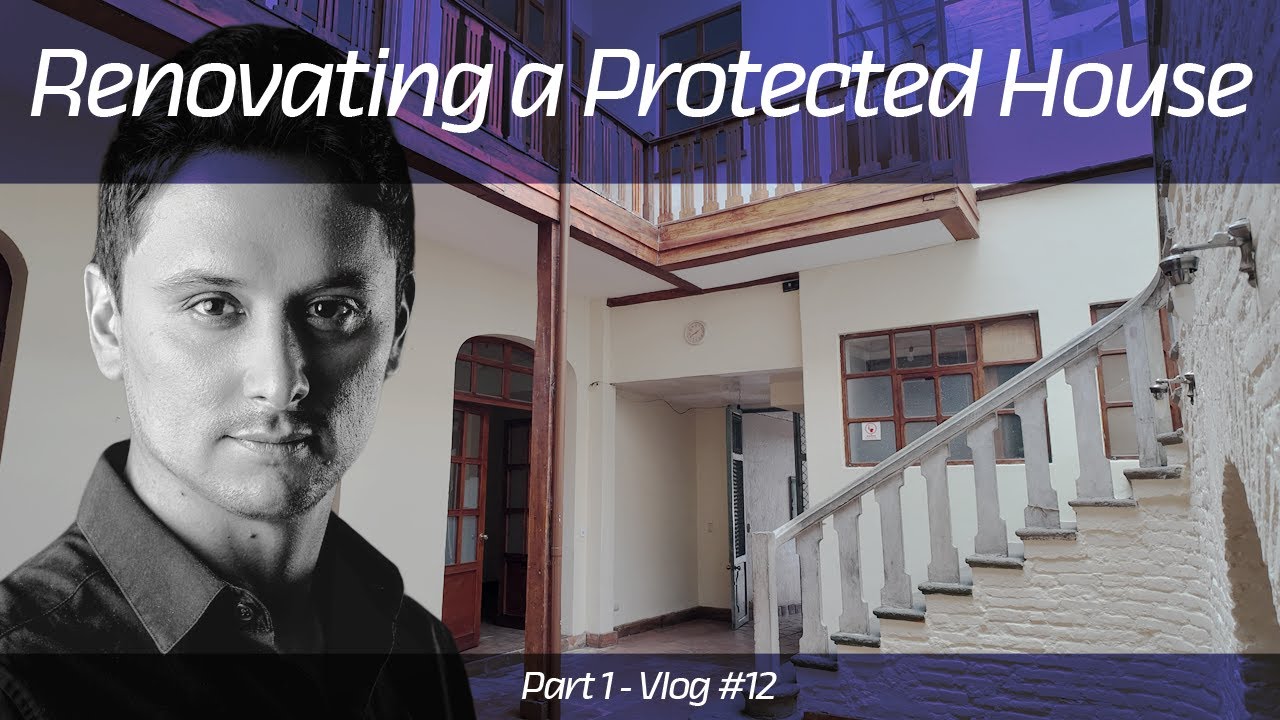

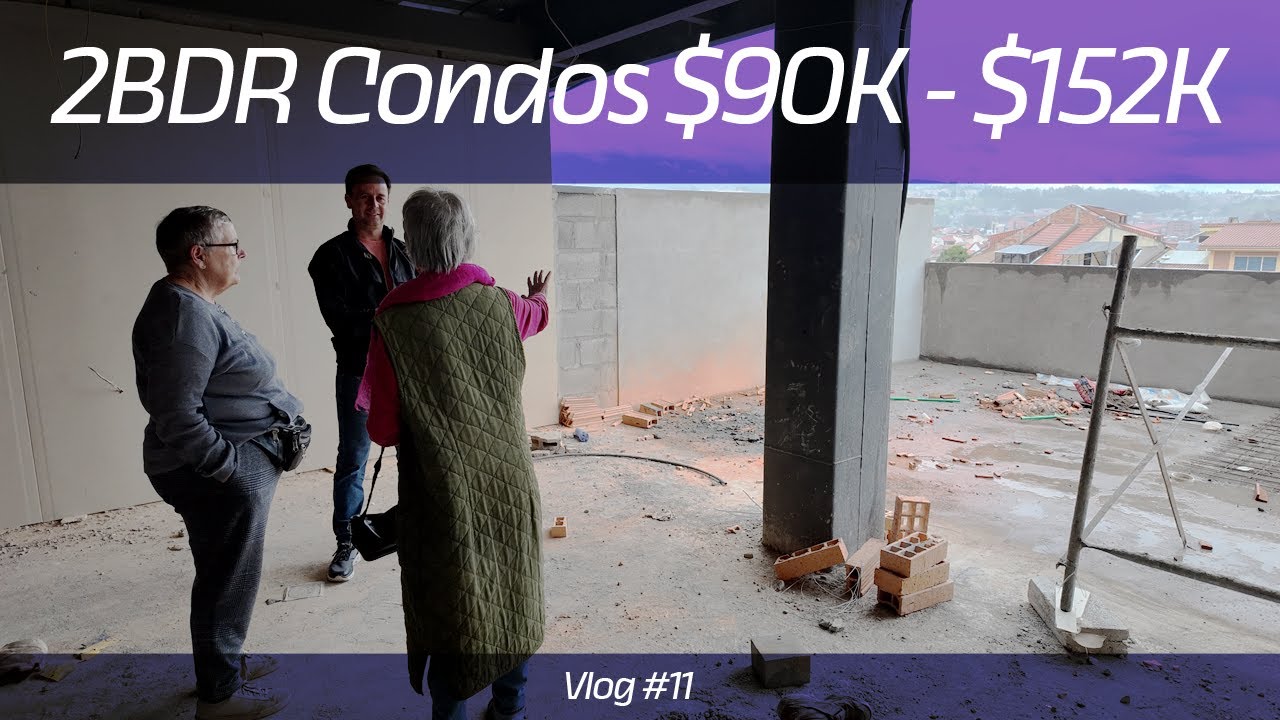
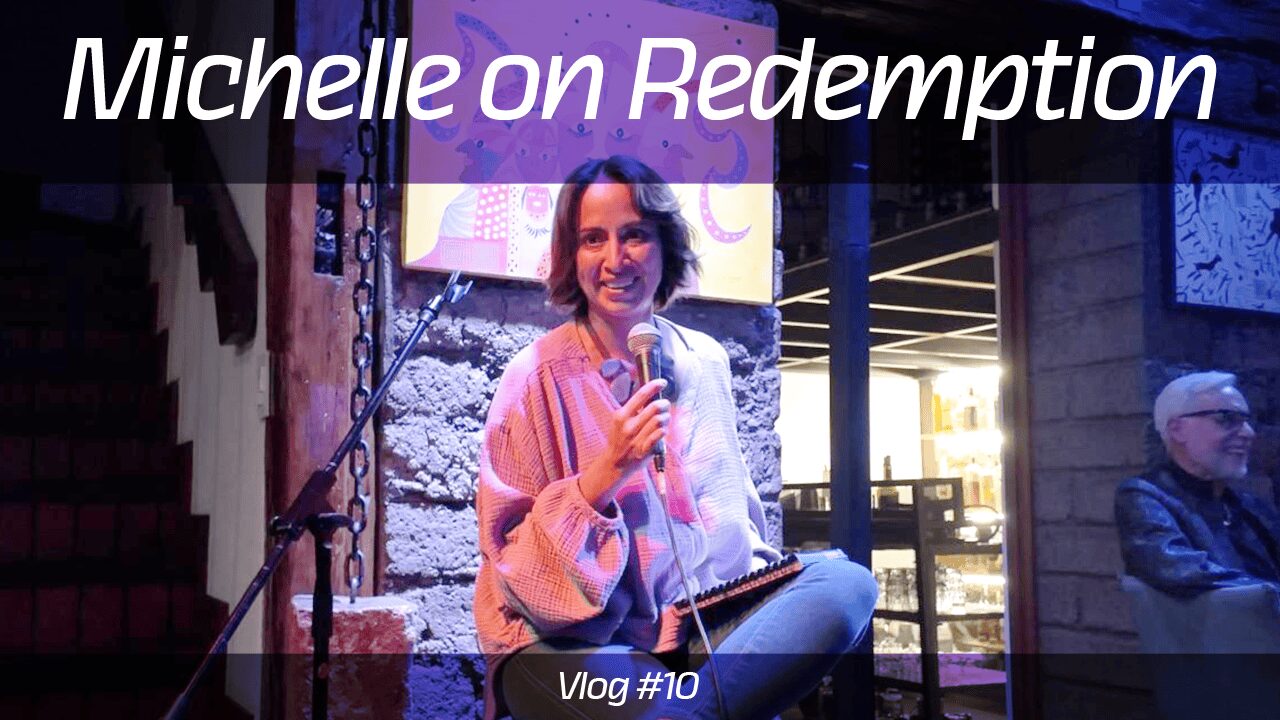
2 Responses
Oddly, though mentioning extremely briefly that Ecuadorian laws are less permissive in who property may pass to, the article makes no further mention of this very central issue. That is, the EC government dictates who will get how much, with extremely small flexibility in the will to modify it. The government says that it must be split equally among the parties (except that a living spouse gets 50%), allowing you to “add 1” to the number of beneficiaries, and that “+1” is the only part you can control.
As I understand it, there is no other flexibility available, which means in many cases a will is just a waste of time and money.
Sara’s article would carry more weight if it had include the legal citation requiring the Closed Testament.